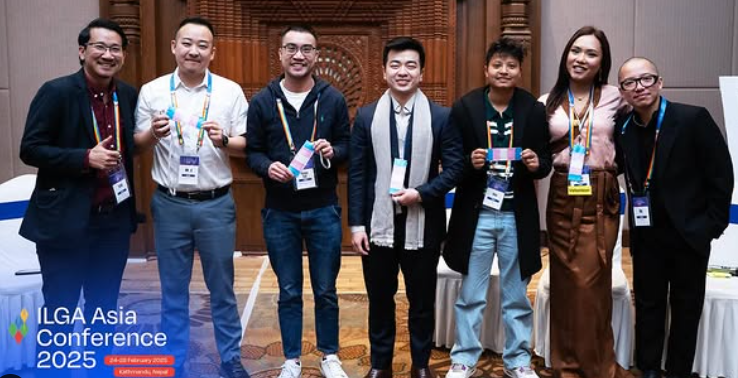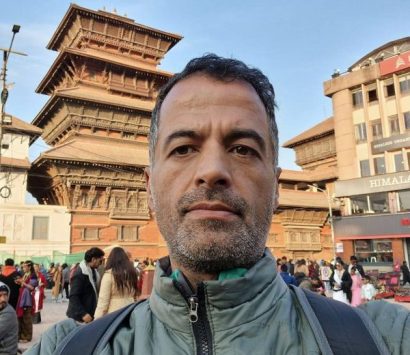US aid cuts loom heavily over ILGA-Asia conference
ILGA-Asia conference in Nepal gives LGBTQIA activists opportunity to coordinate strategy

IGLA-Asia held its annual conference last week in Nepal, said to be the largest ever LGBTQIA gathering in the Himalayan country, giving more than 600 participants from across Asia and around the world the opportunity to network and strategize on ways to improve the lives of queer people across the region, particularly as the US government retreats from global health and human rights support and funding.
Held from February 24-28 in Kathmandu, the conference with the theme “Diversity Dynamics: Unifying for a Just, Inclusive and Sustainable Asia,” was co-organized by ILGA-Asia and the Blue Diamond Society (BDS), Nepal’s leading advocacy organization for the LGBTQIA community.
ILGA-Asia said the aim of the conference was to “deepen discourse” on several critical areas, including ongoing social and humanitarian conflicts impacting LGBTIQ people, marriage equality movements across Asia; and the intersectional advocacy necessary for broad-based human rights advancements.
The goal, ILGA-Asia said, was to foster “a comprehensive and inclusive approach to the challenges and opportunities facing the LGBTIQ community in Asia today.”
“This is an opportunity for Nepal to lead discussions that shape policies across Asia,” BDS Executive Director Manisha Dhakal was quoted as saying by the Kathmandu Post. “Love is the foundation of our identities and movements. This conference has shown that love is a force for justice and positive change. Nepal’s progress in LGBTIQ+ rights should inspire others to follow.”
Earlier, speaking at the opening session on February 26, Nepal’s Minister for Women, Children and Senior Citizens Nawal Kishor Sah Sudi, said the government was committed to improving the rights of sexual and gender minorities.
“Every person shall have the right to speaking up own identity, sexual orientation, be free from discriminations and violence and achieve equality,” Sudi said.
“At a time when some parts of Asia celebrate historic legal victories – such as Thailand’s recognition of same-sex marriage, Taiwan’s legalisation of same-sex marriage, and Nepal’s ongoing progress on transgender rights and temporary marriage registration – others continue to battle growing repression. This conference became a space where activists, policymakers, and civil society leaders strategised together, ensuring that the fight for equality continues, even in the most challenging contexts,” Dhakal said.
“This conference is not just about challenges. It is a declaration. A promise. A resistance. It is about possibility. About what we can build when we are diverse, dynamic, united,” said Henry Koh, Executive Director of ILGA-Asia.

However, the conference was not without controversy.
Sunil Babu Pant, the founder of Blue Diamond Society (BDS) and Nepal’s first openly gay parliamentarian was critical of the conference, stating that it was not an appropriate time to organise such a “lavish” event when the sexual and gender minorities across the world including in Nepal are at high risk of losing essential services for them amidst the sudden funding cuts from the United States of America.
“The potential impact of funding 200 smaller, community-based groups versus a single large conference warrants careful consideration. Activists, donors, and organizers alike must be mindful of maximizing value for money and ensuring that resources reach those most in need. While international gatherings play a role in visibility and networking, it’s crucial to balance these benefits against the immediate, tangible needs of vulnerable communities. A deeper discussion is needed on how to ensure that conferences, and funding in general, are structured to serve the broader LGBTQ+ movement in the most equitable and impactful way,” Pant told RSS news service.
“Many LGBTI NGOs in our region do not receive support from their local governments and have relied on foreign funding — including from the US — to sustain their work. While we must work towards long-term indigenous solutions, there will be immediate and short-term challenges in maintaining various movements until we establish sustainable local support systems,” he said.




Commentary: Cutting off USAID is like unplugging life support